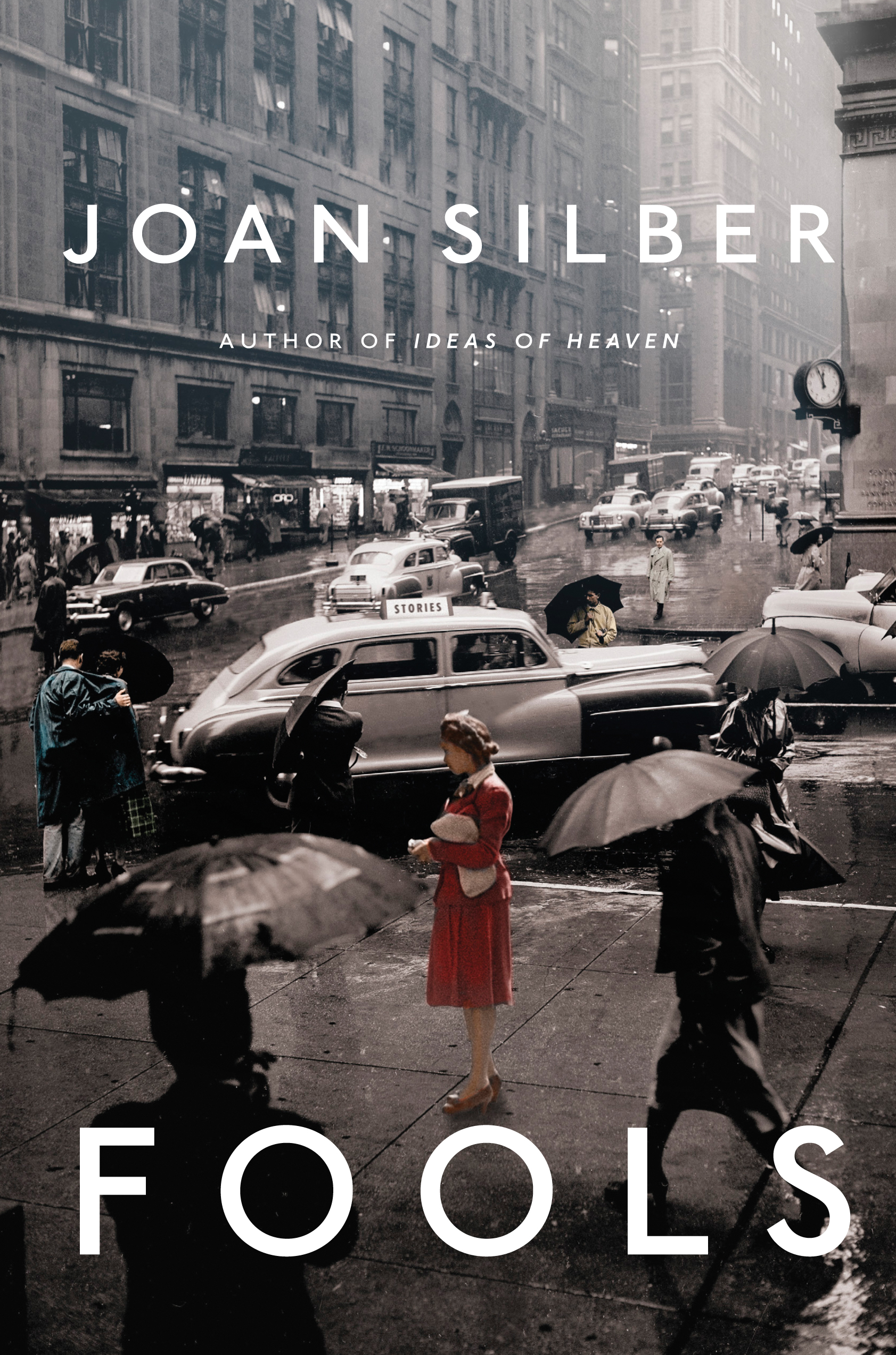
Who are the fools here?
YZM: The title of the book is taken from the first story, Fools. Who are the fools here and why?
JS: The fools in the first story are anarchists in the 1920s, who are considered foolish for their dedication to an impractical idea. Vera, the main character, is actually quite sensible by nature, and she has to make her own peace with compromise and with conflicts between principle and desire. Other characters are distinctly not idealistic—Anthony, in “The Hanging Fruit,” is a thief and a drunk, and Louise in “Two Opinions” tries to stay out of the fray. But, as Louise’s mother points out, they all have to choose in some way.
YZM: So many of your characters are searching for some kind of meaning in either religion or politics. The Jewish characters don’t seem to find what they need in their faith; how and why has it failed them?
JS: That’s a good question. It’s true that I don’t have characters who find what they need in Judaism. I myself don’t believe in a personal God, but I have characters who do plenty of things I wouldn’t do. In Fools, the two characters who are Jewish by birth—Gerard, who’s untrained in Judaism, and Adinah, who’s very trained—both have a need to re-invent themselves.
YZM: The character of Adinah is especially interesting—an Orthodox girl who becomes a Muslim. Can you talk about the inspiration for her? Is she a fool too?
JS: Adinah is based on a memory of someone I met briefly in my twenties—I don’t really remember if Sufism was her new direction or another belief system. I do recall a friend reporting her pregnancy and saying, “She looks like a deer.” I pretty much made up the rest. I’m always interested in people who make radical changes in their lives. An earlier book was called In My Other Life. I see Adinah as someone whose nature doesn’t change that much—for all her mildness, she has a real capacity for intense ardor and devotion, and it finds a new and surprising channel. These surprises are, of course, what fiction likes.
YZM: You have written both collections of stories and novels; are you partial to one form over the other and if so, why?
JS: I feel that I’ve done my best work in the linked story form. So far. In fact, I’m now working on a novel—I didn’t want to write a fourth book that was too similar to the last three, and I was happy to find myself with characters whose circumstances lent themselves to this shape. I have it planned out in a very sketchy way—at this point, I have some faith in my ability to invent as I go along.
YZM: You teach writing at Sarah Lawrence College; how does teaching inform your own practice of the craft?
JS: I always tell my students to do as I say, not as I do (for instance, I make them write summaries if they’re working on novels). In the many years I’ve been teaching, my own ideas about writing have changed and developed, and having to articulate them to students has helped this development. I have wonderful students who ask great, pesky questions.



